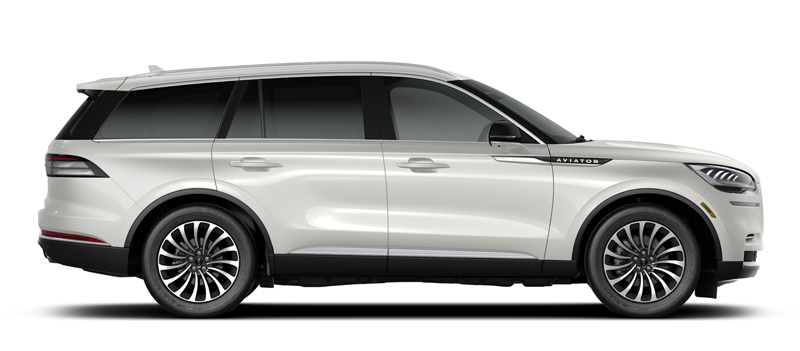AIR SUSPENSION VS. ADAPTIVE SUSPENSION: AN ESSENTIAL GUIDE FOR LINCOLN MODELS
Choosing between air suspension and adaptive suspension can make all the difference in how your Lincoln drives and handles. Without a proper suspension system, your ride would be rough, making handling difficult and reducing tire-to-road contact.
If you need help choosing between these different suspensions for your Lincoln, click the button below.
What is the Air Suspension System?
The air suspension system uses air bladders instead of traditional coil springs to absorb road shock and maintain a smooth ride. These bladders inflate or deflate based on driving conditions, providing automatic leveling and adjustable ride height. This adaptability improves handling, enhances ride quality, and allows for better towing capabilities.
While air suspension offers superior comfort, it can come with higher initial and maintenance costs than traditional systems. In Lincoln models, the Aviator offers this feature through the Dynamic Handling Package, giving drivers a "floating on air" experience.

- Superior ride comfort and smoothness.
- Adjustable ride height for varying conditions.
- Automatic leveling improves towing and heavy loads.
- Higher initial cost and maintenance expenses.
- Potential for more complex repairs due to advanced components.
- Lower purchase and repair costs compared to air suspension.
- Reliable performance across a wide range of driving conditions.
- Less customization in ride height.
- May not offer the same level of ride comfort as air suspension.
How Can We Help?
* Indicates a required field